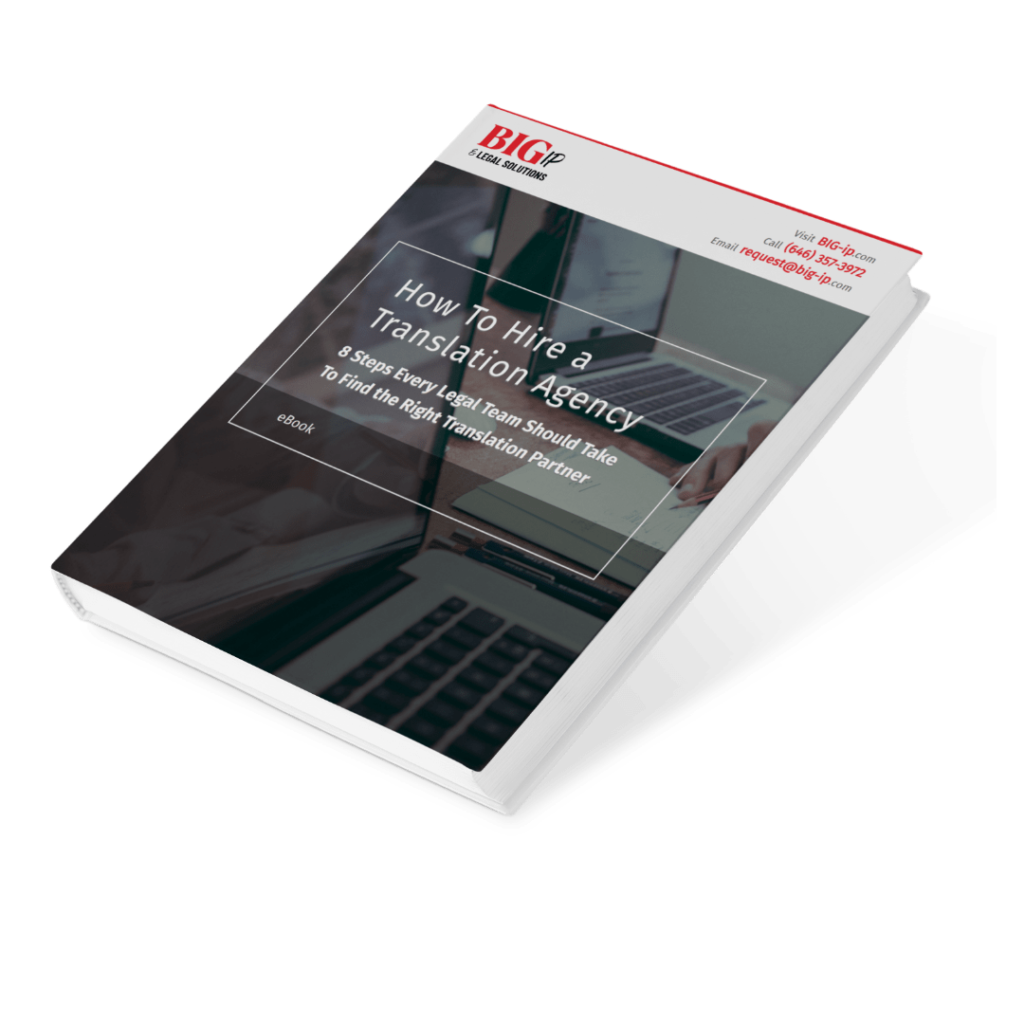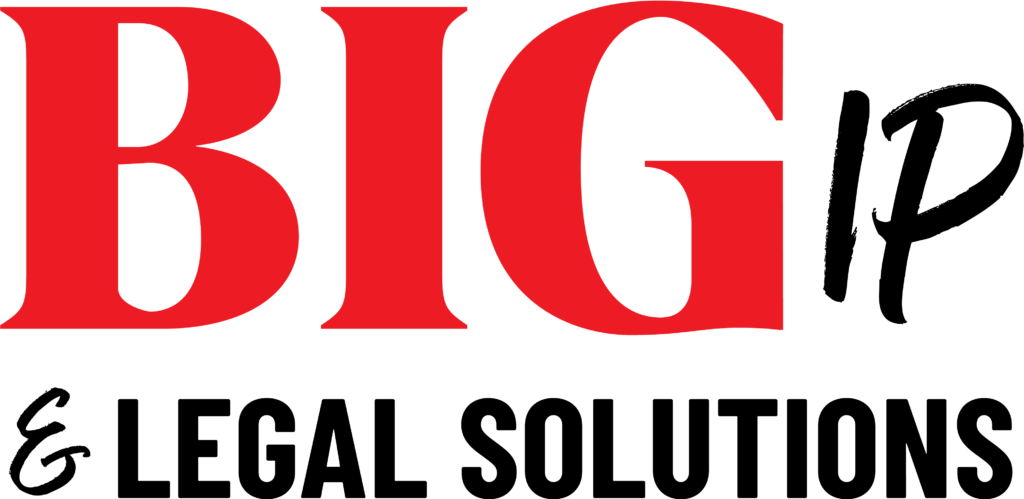Large U.S. law firms have been chasing globalization for the past two decades. A 2018 ALM report, aptly titled “Barbarians at the Gate,” found that the largest 250 American law firms have nearly doubled in their geographic coverage, opening more than 1,400 global offices since 2001.
This expansion has impacted local law firm markets and given rise to new challenges in globalization, such as differences in national and local laws, politics, language, and business culture. Additionally, swift competition for market share among legal providers becomes a concern as firms broaden their global footprint, entering into different cultures and embracing new languages in the course of their practice.
Law firms that are achieving the most success are aligning themselves with trusted third-party partners, especially language service providers that can help frame marketing and business development messages for the global legal market.
Globalization of the Legal Industry
As your firm grows and expands globally, you’ll need to adopt sound strategies supporting an international caseload. Whether you’re engaged in international transactions or litigation, you’ll need to identify the expertise-specific and culturally appropriate methods to representation — all while keeping ethical obligations at the front of your expansion.
Whether you have a physical presence in the country or align your firm with local attorney networks, you’ll need to develop consistent messaging that resonates globally, helping you create and pursue additional growth opportunities for your firm.

Implications of Globalization
Growth of any kind doesn’t come without its challenges, and legal globalization is no exception. In expanding globally, firm leaders will undoubtedly have to plan for adaptation to new cultures, languages, and local laws and regulations, all of which contribute to the rising need for translation services in law firms worldwide.
Culturally Appropriate Methods to Representation
For firms expanding internationally through physical locations or caseload alone, knowing how to position yourself internationally — accurately and appropriately — can differentiate you from other law firms, giving you a competitive edge.
Typically culture-based, laws and regulations are developed and enforced based on the country of origin. Where some countries have civil and criminal laws rooted in religious beliefs, others are based on secular societal beliefs. For example, in Saudi Arabia, there is a pronounced overlap between religious and legal doctrines, with most judges “trained primarily in Islamic sharia with no recourse to state law codes.” As such, when translating Saudi Arabian legal documents, it’s critical for the language service provider to be adept at identifying any individual or overlapping nuances, potentially impacting the outcome of the case.
Additionally, as laws vary from county to country, legal documents will also greatly deviate. In some instances, the legal translator may find many equivalents for specific words or none at all. Since legal language is highly technical, a mistake in translation could not only change the meaning of the document but could mistakenly result in legal consequences not anticipated.
Adapting to New Translation Standards
As globalization increases, new translation standards have emerged, requiring law firms to embrace high-quality, efficient language services. For example, the Federal Trade Commission (FTC) now requires that any non-English documents be translated to English, adding layers of complexity for law firms with multinational practices.
Additionally, law firms must demonstrate their compliance efforts both at home and abroad. An example of this is the Foreign Corrupt Practices Act (FCPA), which helps safeguard against international bribery and corruption. Accurate translation of documents is key to detecting corruption, especially since the FCPA investigations follow a strict code of conduct and ethics. Certifying that your legal documents are accurately translated not only allows you to comply with federal law but helps reduce risk and drive efficiencies.
Marketing Challenges for the Legal Industry
As if law firms didn’t have enough challenges in today’s marketplace, they also have marketing and advertising hurdles. Move that marketing to a global footprint and firms face additional issues, such as acceptable messaging through language, color, and graphics.
In each country or region, law firms must use marketing unique to that culture while maintaining their message and branding. This applies whether the messaging is in print or online.
Japan, for instance, is known for its specific business culture rules. Advertising in Japan also differs from western cultures. For example, Japanese advertising and marketing materials are “less informative than their US counterparts,” according to a recent study, something that U.S. law firms should keep in mind.

How Professional Language Services Drive Business Development
When expanding internationally, professional language services can drive your business development, no matter the region or country, giving you that needed competitive edge. As the global legal market speaks multiple languages, law firms must arm themselves with services designed to interpret, translate, and transcribe various sources of information, enabling them to take on cases of all sizes.
Additionally, because you don’t want to unintentionally offend someone with your marketing strategy, language service providers can help you craft your message through the appropriate use of colors and graphics, allowing your message to resonate with potential clients globally.
Finally, let’s not forget quality assurance, which is critical to not only your image and reputation but also your ethical duties. When communicating offered legal services, law firms want to maintain their high level of professionalism, assuring clients worldwide that the firm prioritizes accuracy, completeness, and security of documents and testimony — keeping their services well-guarded and protected under ethics rules.
Next Steps
Partnering with an experienced LSP can drive your law firm’s global business development, with translation services for a wide range of assets.
Our family of companies includes BIG IP, ISI Language Solutions, Protranslating, Language Link, and DWL, bringing a combined 150+ years of expertise with offices in 26 cities worldwide. Through our portfolio, we customize and deliver language services in more than 240 languages and dialects.
Have questions on how an LSP can benefit your law firm? Contact us today.









